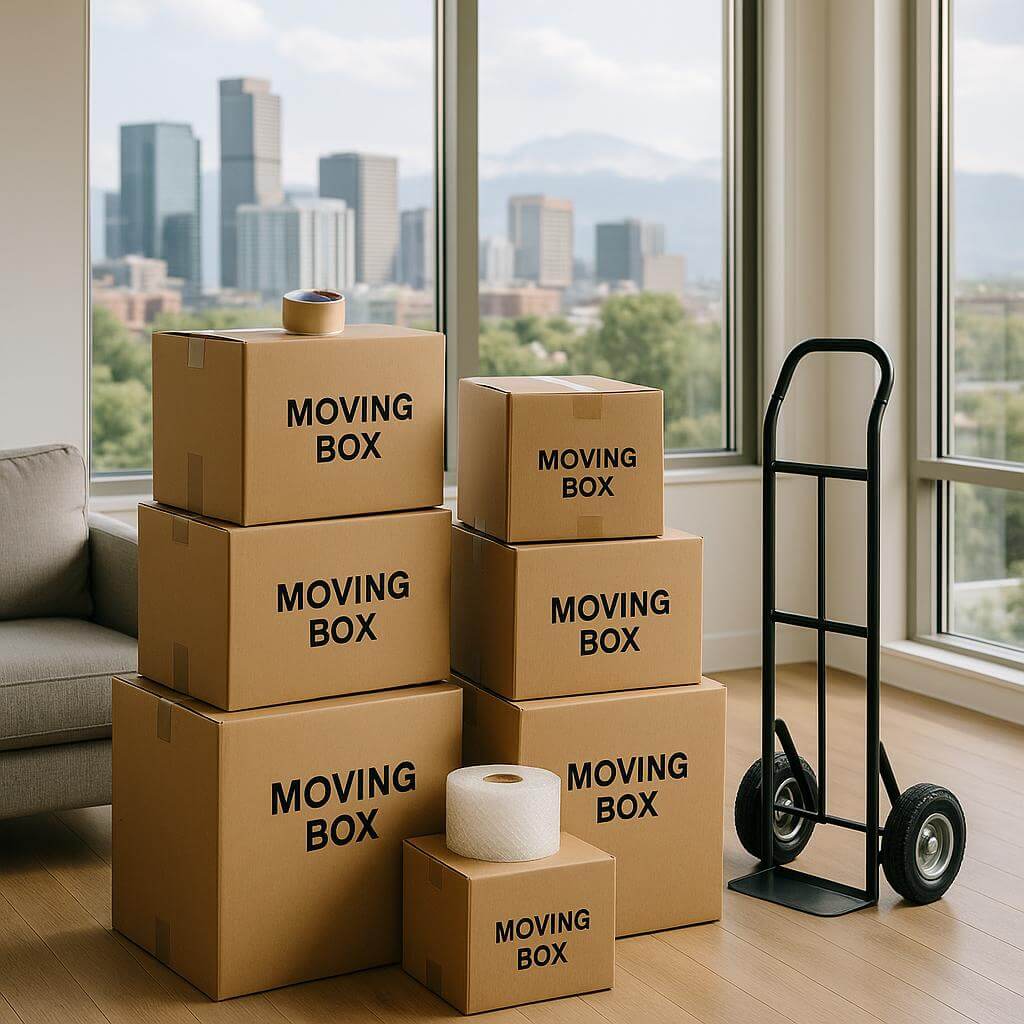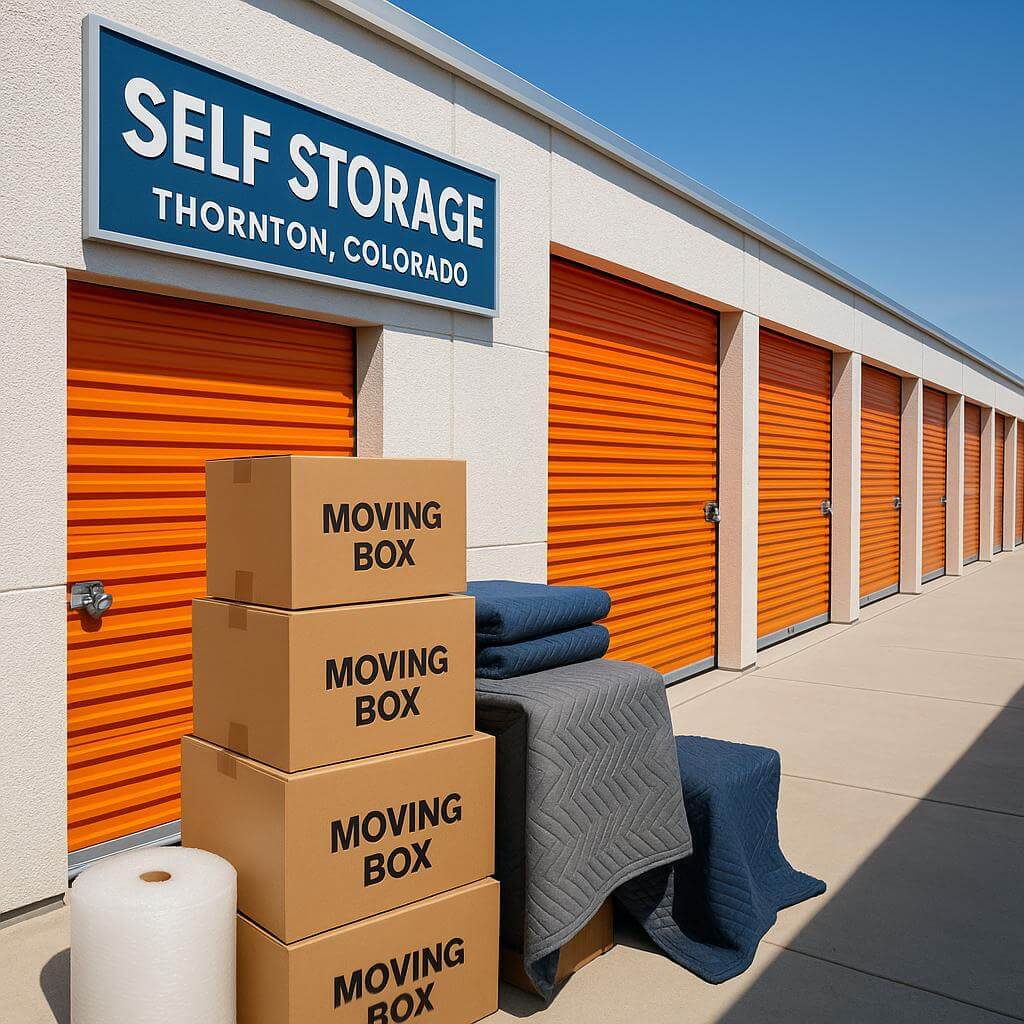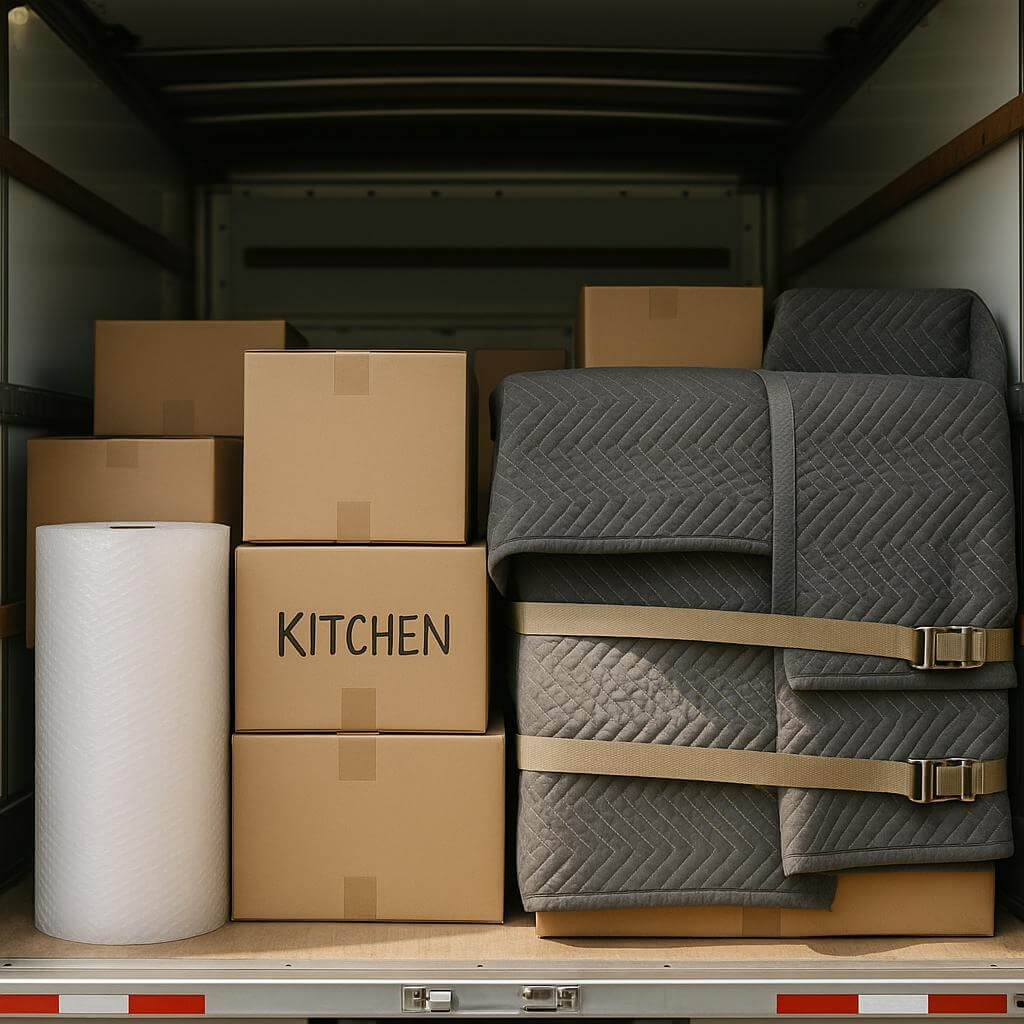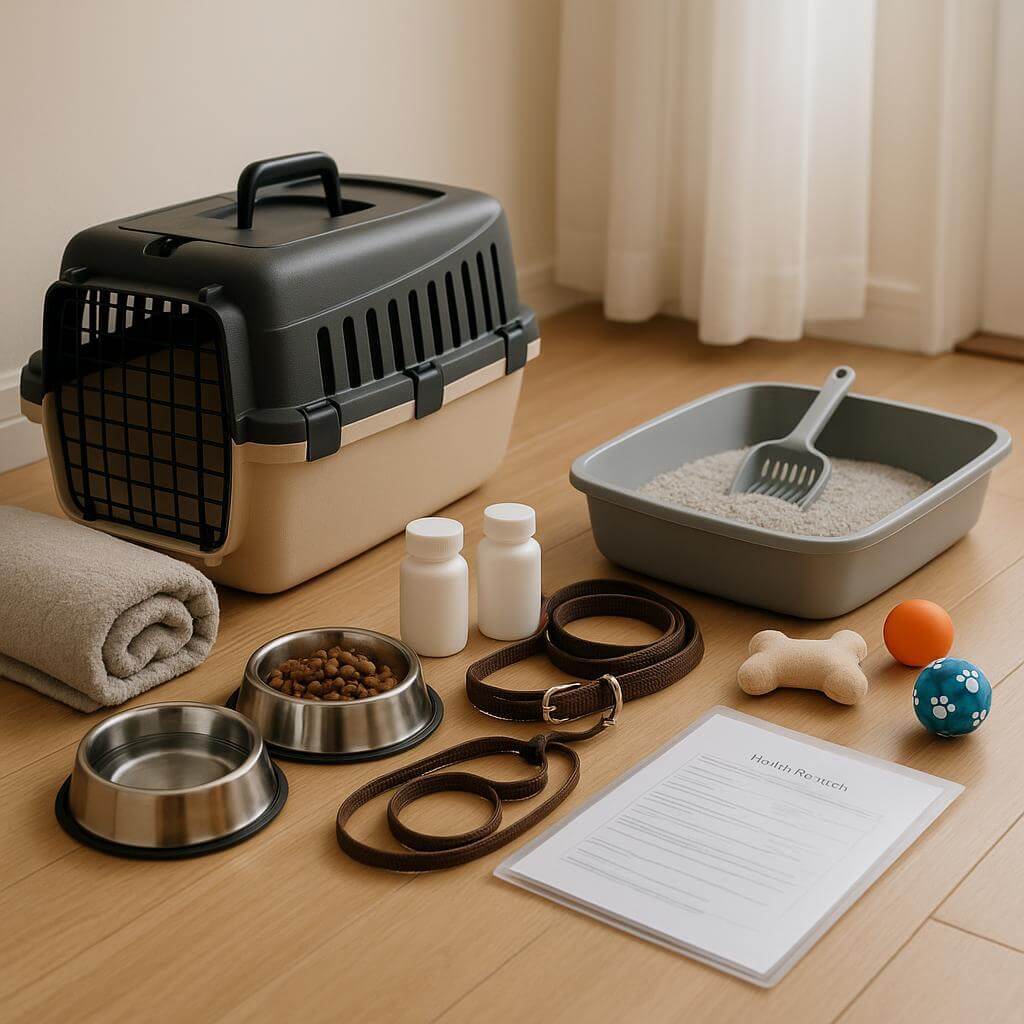
The Ultimate Guide to a Stress-Free Move in Denver
Navigating Your Relocation in the Mile High City
Moving can be a monumental task, and relocating in a vibrant, bustling area like Denver, Colorado, comes with its own unique set of challenges. From navigating dynamic neighborhoods to dealing with the city's specific logistics, a smooth move requires careful planning and execution. Whether you're moving across town or settling into the Centennial State for the first time, understanding the potential hurdles is the first step toward a seamless transition. This guide will provide you with the insights and strategies needed to manage your Denver move with confidence and ease.
Common Moving Mistakes and How to Avoid Them
Even the most organized individuals can fall prey to common moving pitfalls. Being aware of these potential mistakes can save you time, money, and a great deal of stress. The key is preparation and understanding where things can go wrong.
1. Underestimating the Scope of Your Move
One of the most frequent errors is misjudging the amount of stuff you have. This leads to not having enough boxes, running out of time for packing, or booking a moving truck that's too small.
Solution: Start decluttering weeks before your move. Go through each room and decide what to keep, donate, or discard. Create a detailed inventory list. This process not only makes packing more manageable but can also lower your moving costs. For a precise estimate, consider getting a detailed quote from professional movers who can assess the volume of your belongings accurately.
2. Poor Packing Strategies
Throwing items randomly into boxes is a recipe for disaster. It increases the risk of damage, makes unpacking a nightmare, and can even make boxes dangerously heavy.
Solution: Adopt a systematic approach. Pack room by room and label every box clearly with its contents and designated room. Use proper materials like bubble wrap for fragile items and sturdy boxes. If the task seems overwhelming, professional packing services can ensure everything is secured safely and efficiently, saving you valuable time and protecting your possessions.
3. Forgetting to Handle Administrative Tasks
Amidst the physical labor of moving, it's easy to forget the essential paperwork. This includes changing your address, transferring utilities, and updating your driver's license.
Solution: Create a checklist of all necessary administrative changes a few weeks before your move. Contact utility companies (gas, electric, water, internet) to schedule service termination at your old address and activation at your new one. Fill out a change of address form with the USPS online. Taking care of these details early prevents disruptions in service and ensures your mail follows you.
Did You Know?
- The average American moves approximately 11.7 times in their lifetime.
- Summer is the peak moving season. Booking a moving company in Denver well in advance is crucial if you plan to move between May and September.
- Moving is often cited as one of the most stressful life events, alongside divorce and job loss. Hiring professionals can significantly reduce this stress.
- Forgetting to declutter before a move can add significant and unnecessary costs to your relocation, as you end up paying to move items you don't even need.
The Benefits of Professional Movers vs. DIY
Deciding between hiring a professional moving company and doing it yourself is a major decision. While a DIY move might seem cheaper upfront, it often comes with hidden costs and risks. Here's a comparison to help you choose.
Local Insights for Your Denver Move
Moving within Denver presents specific considerations. From the historic homes in Capitol Hill to the modern developments in RiNo, each neighborhood has its own character and logistical quirks. Parking can be a major challenge, especially in downtown areas. It's often necessary to obtain permits for a moving truck. A local Denver moving company will be familiar with these regulations and can handle the permits for you.
Furthermore, Colorado's unpredictable weather can impact moving day any time of year. A sudden afternoon thunderstorm in July or an unexpected snowstorm in October can derail a poorly planned move. Professional movers monitor weather conditions and come prepared with equipment to protect your belongings from the elements. If your move-in and move-out dates don't align perfectly, utilizing secure storage solutions in Denver or Arvada can provide a safe, temporary home for your possessions.
Ready to Make Your Move?
Let Your Neighbors Moving & Storage handle the heavy lifting. We are a community-driven team dedicated to making your Denver relocation a positive, stress-free experience. Get a personalized quote today!
Get Your Free Quote TodayFrequently Asked Questions (FAQ)
How far in advance should I book a moving company in Denver?
It is recommended to book your movers at least 4-6 weeks in advance, especially if you are moving during the peak season (May-September). For moves during less busy months, 2-3 weeks may be sufficient, but booking earlier is always better to ensure availability.
Do I need moving insurance?
Reputable moving companies are required to provide basic valuation coverage. However, this coverage is minimal. It's wise to check with your homeowner's or renter's insurance policy to see if it covers moves, or to purchase additional full-value protection from the moving company for peace of mind.
What if I have items that need to be stored temporarily?
Many moving companies, including Your Neighbors Moving & Storage, offer flexible storage solutions. Whether you need short-term storage for a few days between leases or long-term options, you can find secure, climate-controlled units to keep your belongings safe.
Can you handle last-minute or emergency moves?
Yes, some companies specialize in urgent relocations. Your Neighbors Moving & Storage offers emergency moving services with flexible scheduling to accommodate unexpected, last-minute needs with professionalism and efficiency.
What should I do to prepare for the movers on moving day?
Ensure all your boxes are packed, sealed, and clearly labeled. Clear pathways in your home for the movers to navigate easily. Separate any items you plan to transport yourself, such as personal documents, medications, and valuables. Finally, communicate any special instructions to the moving crew leader when they arrive.







